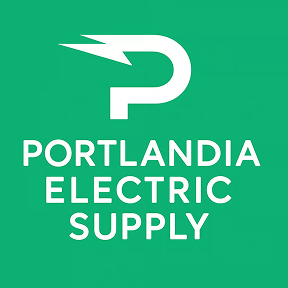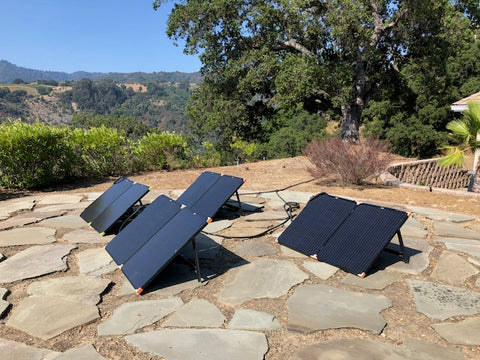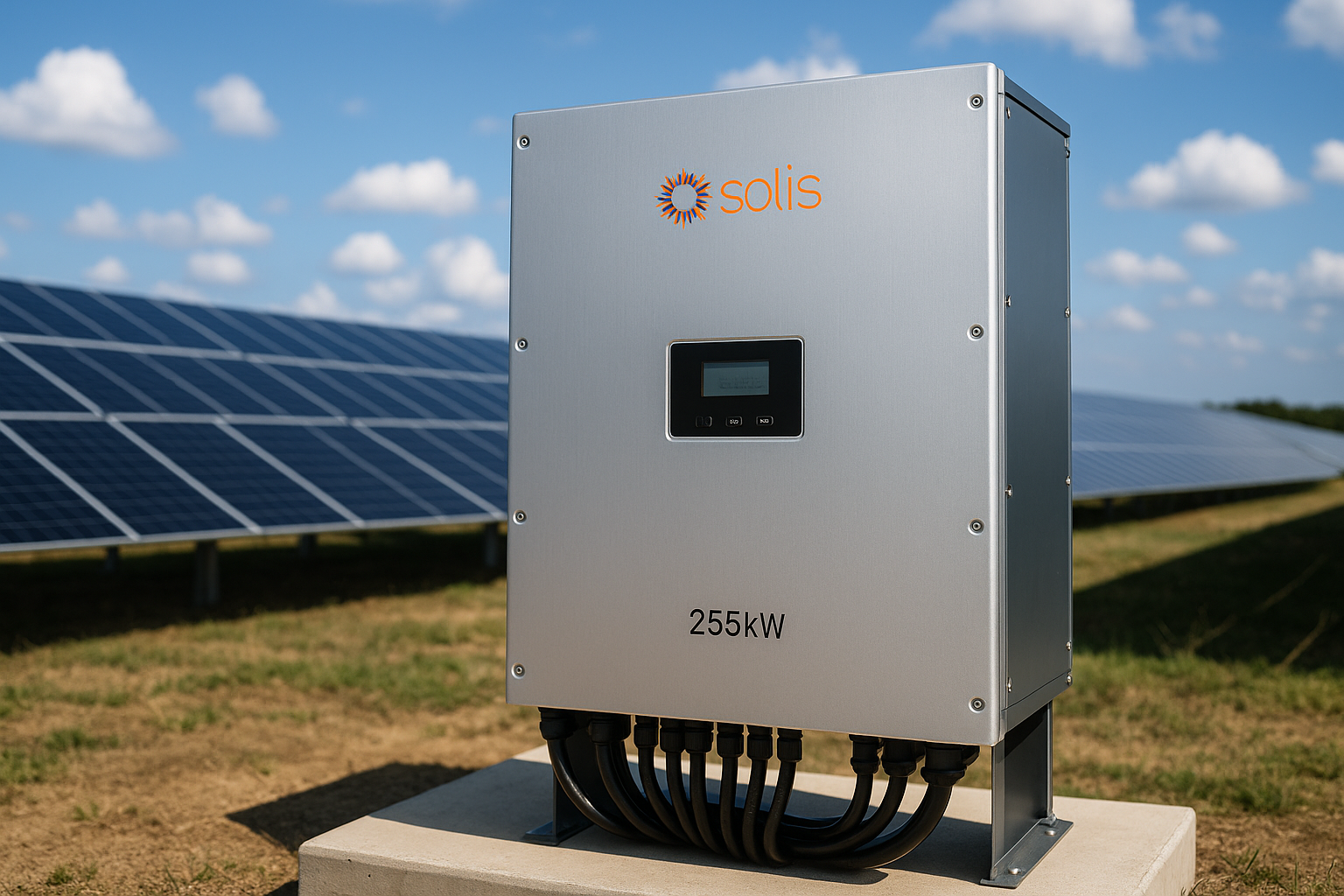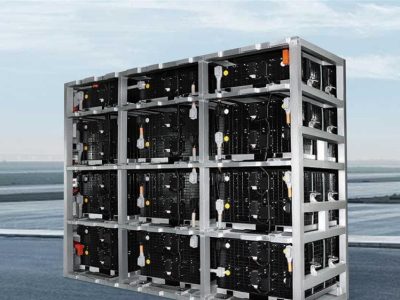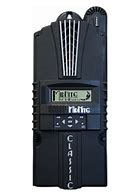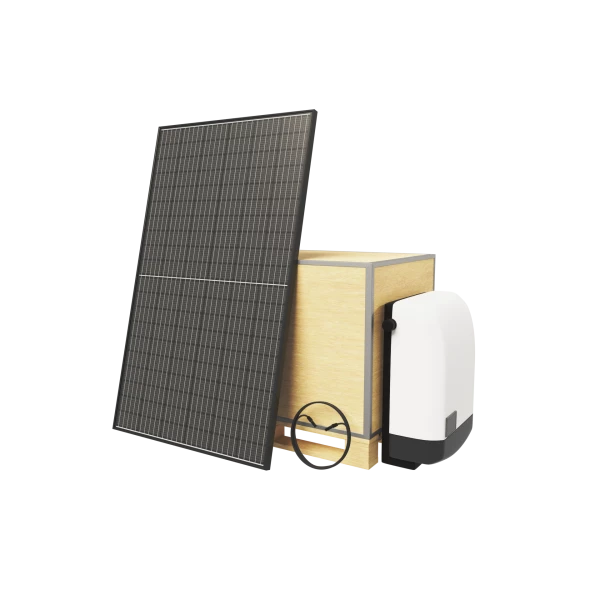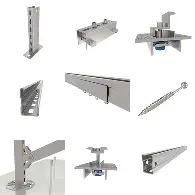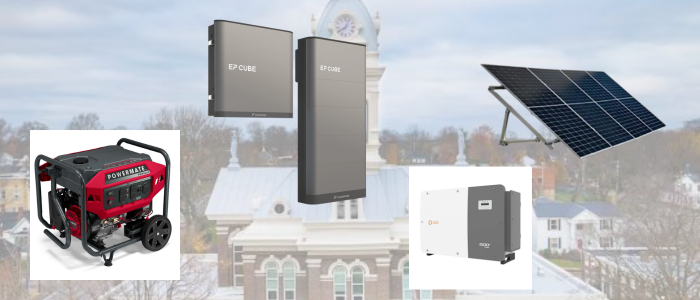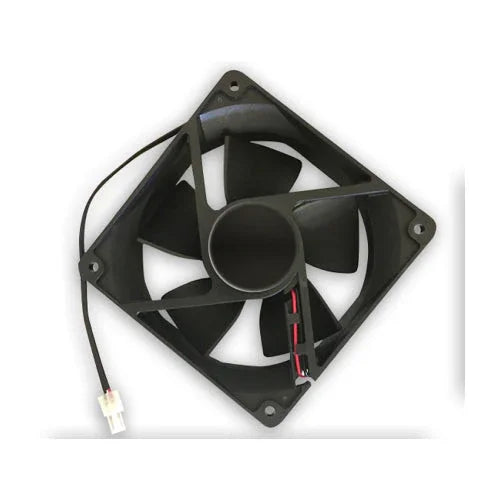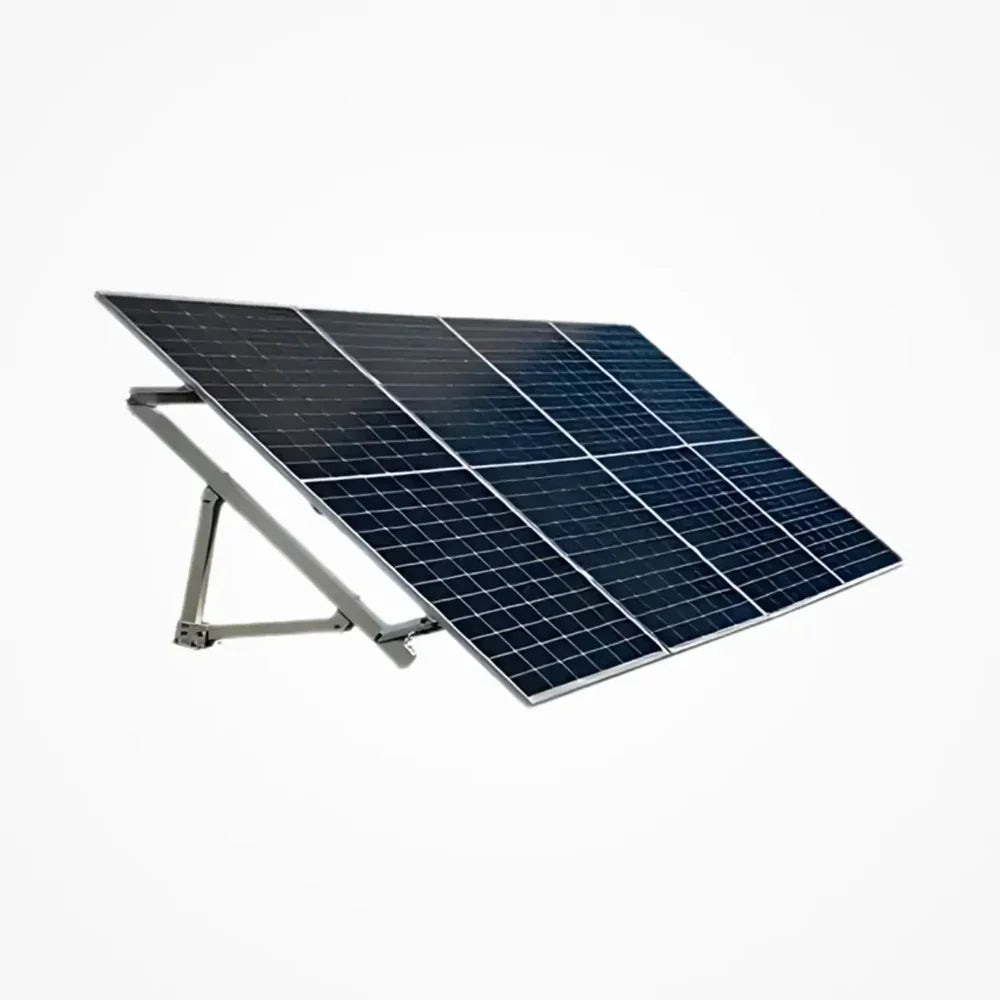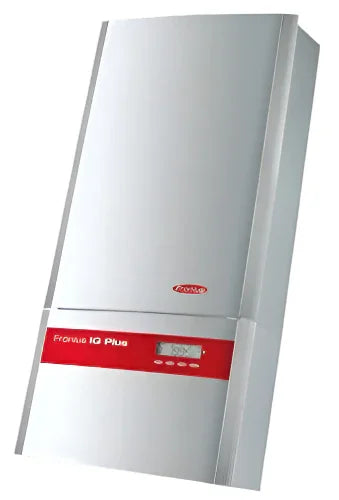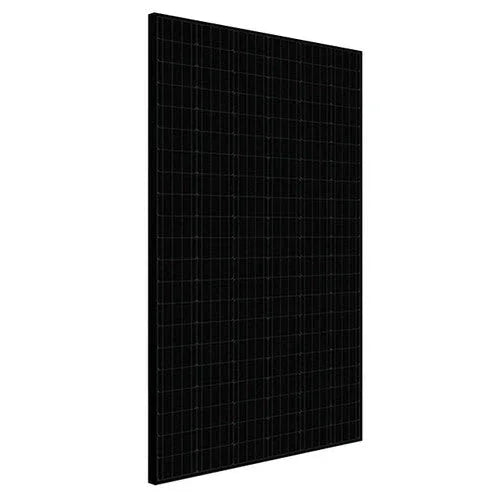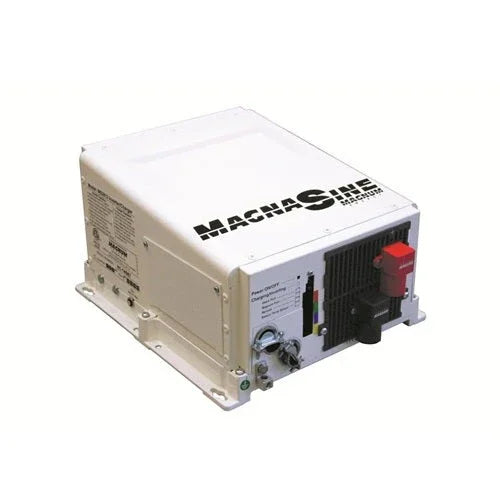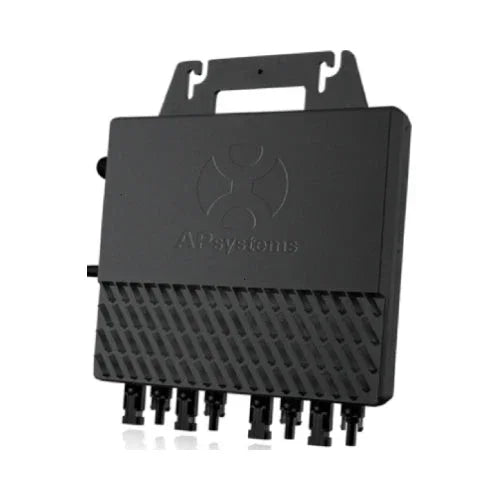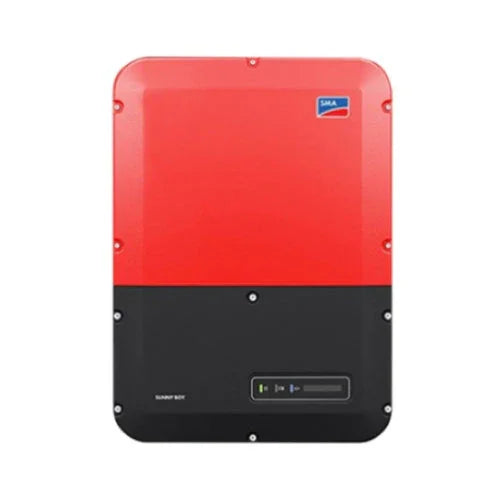Top Sellers at Your Store
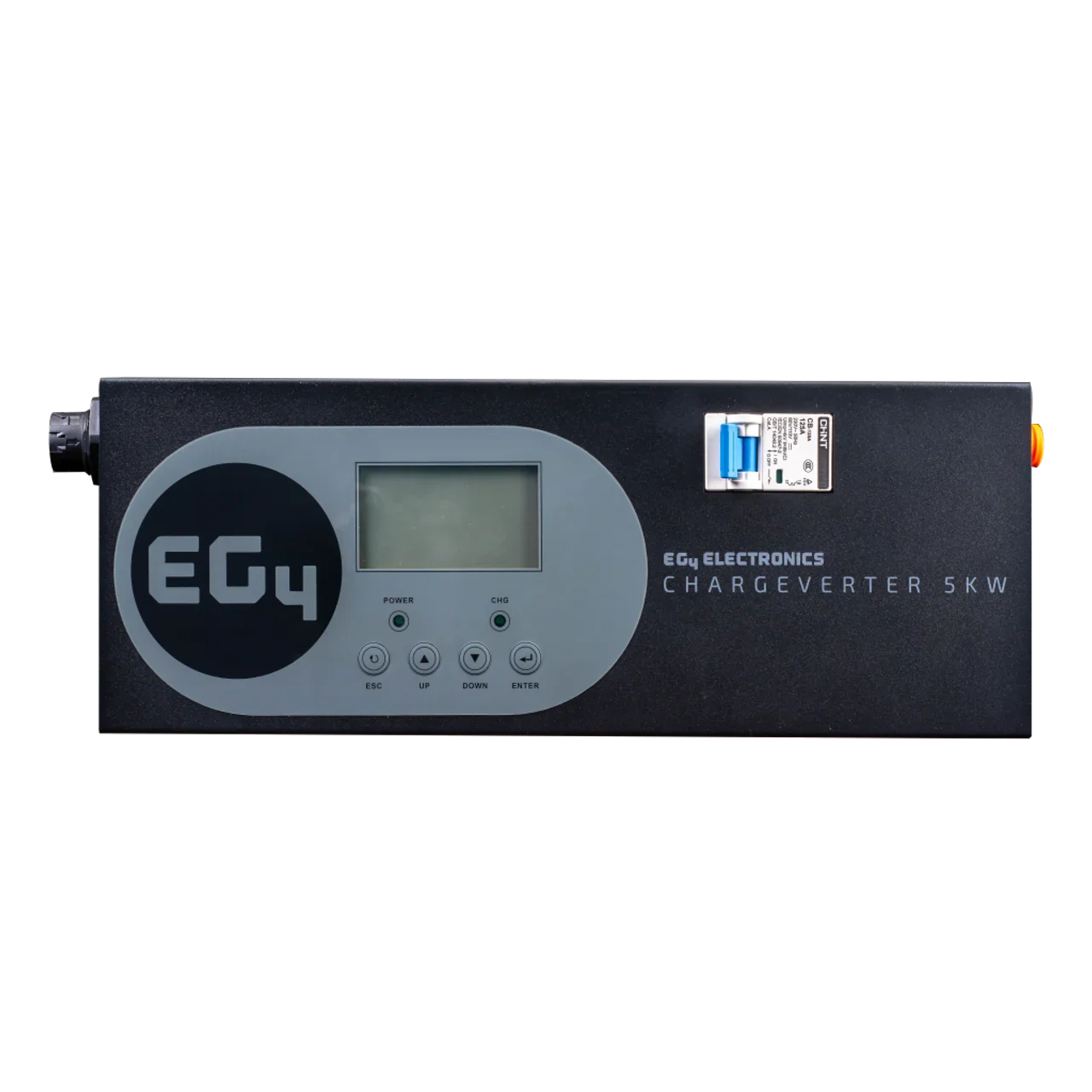
EG4 Electronics
EG4 Electronics Chargeverter - GC 48V 100A 5120W Output 240/120V Input Battery Charger$810.00
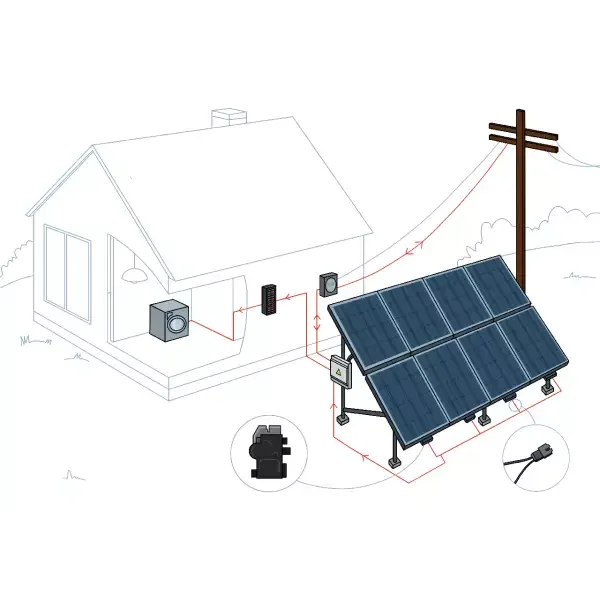
Portlandia Electric Supply
10 kW Ground-Mounted Grid-Tie System with Microinverters$27,060.00
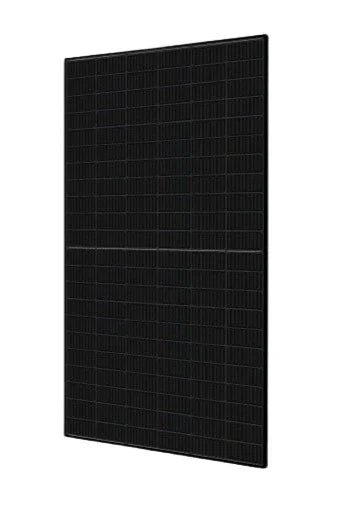
Hyundai Energy Solutions
Hyundai 410W Solar Panel 132 Half-Cell Bifacial HiS-S410YH(BK) Commercial 768 panels per Container (Truckload)$176.22
- Home
- /
- Shop by categories
- /
- Commercial Standby Generators
- In Stock at Store Today
- Free 1-2 Day Delivery
- Same-Day Delivery
0 products
No products found
Use fewer filters or remove all
-
Commercial Standby Generators – Portlandia Electric Supply
When it comes to running a business, downtime isn’t just inconvenient — it’s costly. At Portlandia Electric Supply, we provide reliable commercial standby generators that ensure your operations never stop, even when the grid goes down. Designed for durability, efficiency, and performance, our solutions help safeguard businesses against unexpected outages.
What Is a Commercial Standby Generator?
A commercial standby generator is a permanently installed backup power system designed to automatically supply electricity during outages. Unlike portable units, commercial backup generators are hardwired into your electrical infrastructure and often fueled by natural gas or diesel.
They’re commonly used in:
-
Hospitals and healthcare facilities
-
Data centers and IT infrastructure
-
Manufacturing plants and warehouses
-
Retail stores and shopping centers
-
Office buildings and corporate campuses
-
Schools, universities, and public facilities
Why Businesses Need a Commercial Emergency Generator
Power outages can cause:
-
Revenue Loss – Every minute without power can impact sales and productivity.
-
Data Loss – Critical IT systems and servers risk downtime without protection.
-
Safety Concerns – Emergency lighting, alarms, and security systems must stay active.
-
Reputation Risks – Customers expect uninterrupted service.
A commercial emergency generator ensures business continuity, compliance with safety standards, and peace of mind.
Features of Our Commercial Standby Generators
-
Automatic Transfer Switch (ATS) – Seamlessly shifts power supply during outages.
-
High-Capacity Power Output – Built to support entire facilities or mission-critical systems.
-
Fuel Flexibility – Options include diesel, natural gas, or propane.
-
Scalable Solutions – From small retail shops to large industrial plants.
-
Long Runtime Capability – Designed to run for extended outages.
-
Advanced Monitoring Systems – Remote monitoring for performance and fuel levels.
Choosing the Right Generator for Your Business
When you buy a commercial generator, key factors to consider include:
-
Power Needs – Size the generator based on your total load requirements.
-
Fuel Source – Diesel for high demand, natural gas for convenience, propane for flexibility.
-
Runtime – How long do you need backup power? Hours, days, or weeks?
-
Location & Installation – Space availability, ventilation, and noise requirements.
-
Compliance – Certain industries (healthcare, data centers) have specific generator standards.
Our experts help businesses choose the best solution tailored to their operations.
Why Choose Portlandia Electric Supply?
-
Partnerships with top commercial generator companies
-
Wide range of commercial backup generators for every industry
-
Guidance from selection through installation and maintenance
-
Competitive pricing and financing options
-
Long-term support and warranties for reliable protection
FAQs About Commercial Standby Generators
What size commercial generator do I need?
It depends on your facility’s total electrical load. Smaller businesses may need 30–60 kW, while large facilities often require 200 kW or more.
How long can a commercial standby generator run?
With adequate fuel, most commercial emergency generators can run continuously for days or weeks.
Are diesel or natural gas generators better for commercial use?
Diesel provides high power density and long-term durability, while natural gas offers cleaner operation and unlimited supply from the utility line.
Do standby generators require maintenance?
Yes. Routine inspections, oil changes, and load testing keep them reliable year-round.
Can I expand my generator system later?
Yes. Many modern generators are designed for scalability to match growing business needs.
Protect Your Business with a Commercial Standby Generator
Don’t let power outages disrupt your business. At Portlandia Electric Supply, we make it easy to buy commercial generators that protect your operations, employees, and customers. From small businesses to large enterprises, our commercial standby generators provide reliable performance when it matters most.
Contact us today to explore our full range of commercial backup generators and secure uninterrupted power for your business.
-
Hospitals and healthcare facilities
-
